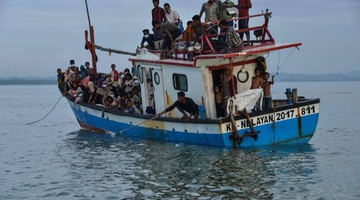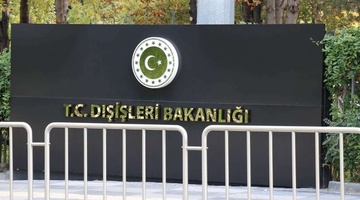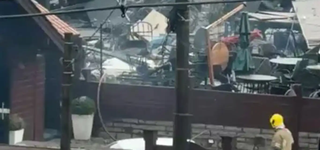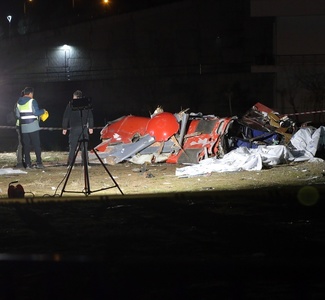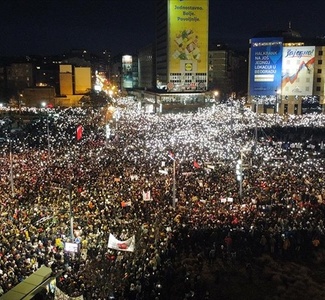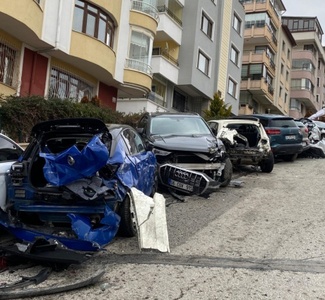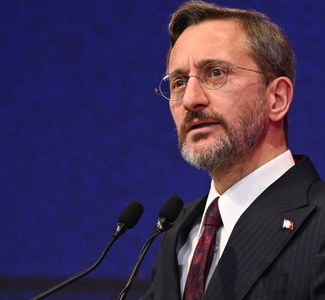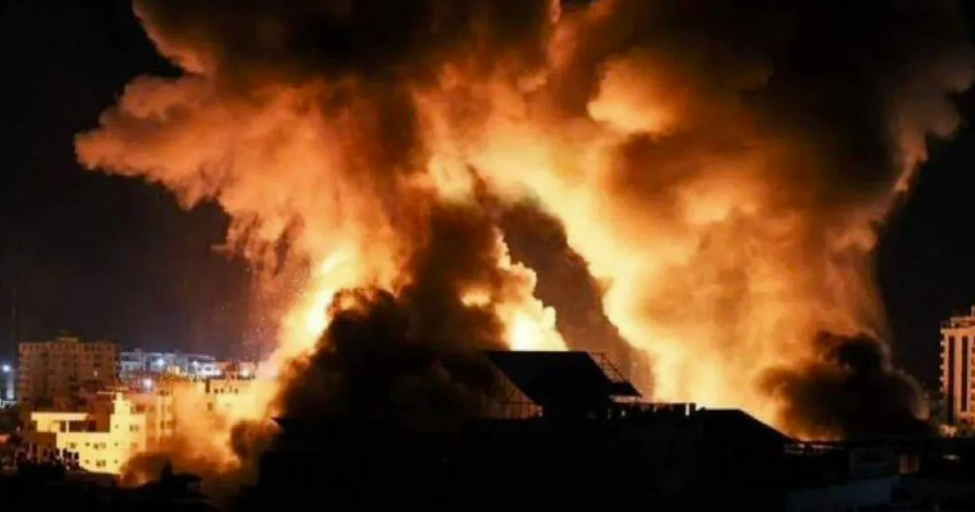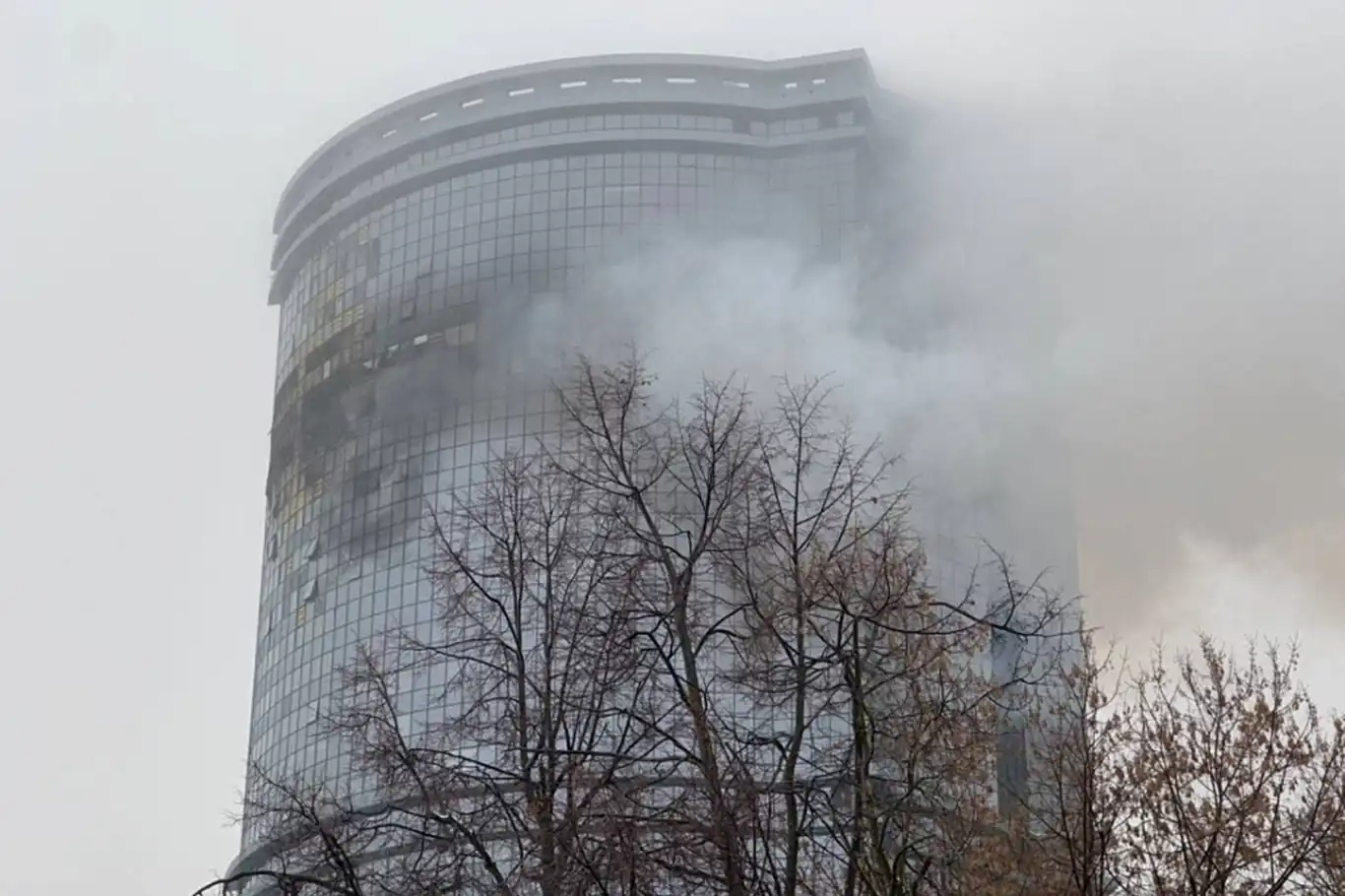UN calls for more consensus over digital technology for people and the planet
While digital technologies have offered “boundless opportunities” for sustainable development, education and inclusion, the UN political chief warned on Monday that there is also a clear downside.

 Google News'te Doğruhaber'e abone olun.
Google News'te Doğruhaber'e abone olun. “We have a critical opportunity to build consensus on how digital technologies can be used for the good of people and the planet, while addressing their risks,” Rosemary DiCarlo, Under-Secretary-General for Political and Peacebuilding Affairs, told the Security Council.
“But collective action by Member States remains essential towards this goal”.
Digital technologies for good
She noted that social media has transformed human rights and humanitarian advocacy, “making it possible to mobilize people around the world quickly and efficiently around issues requiring urgent action”.
In maintaining peace and security, technical developments have improved the ability to detect crises, better pre-position humanitarian aid, and create data-driven peacebuilding tools, she said.
And in conflict prevention, new digital tools have strengthened peace-making and peacebuilding, providing better information and early warning data, DiCarlo added.
She pointed to the UN Mission to Support the Hudaydah Agreement (UNMHA) in Yemen, which uses mapping and satellite technology to enhance ceasefire monitoring and increases the UN’s ability to “understand, analyze and respond to crises that may have a digital dimension, and…address digital risks”.
Political assistance
Furthermore, new technology can support political processes, particularly in promoting inclusion.
“In various peace negotiations, we have used artificial intelligence (AI)-assisted digital dialogues to reach out to thousands of interlocutors, to hear their views and priorities,” she said.
“This has been a particularly useful way to reach traditionally excluded groups, including women”.
Safety and security
They can also improve the safety and security of peacekeepers and civilian staff on the ground.
“The launch of the Strategy for the Digital Transformation of Peacekeeping represents an essential step towards this goal, and towards more effective mandate implementation – increasing early warning capacities,” said the political chief.
These tools also help visualize information and convey data-rich analysis to inform Security Council decisions – as illustrated by a recent virtual reality presentation on Colombia, highlighting the UN’s work on the ground for ambassadors.
Worrying trends
However, there are areas of concern, Ms. DiCarlo continued, citing estimates that the number of national and non-State-sponsored incidents of technology being used maliciously, has nearly quadrupled since 2015.
“Of specific concern is activity targeting infrastructure that provides essential public services, such as health and humanitarian agencies,” she said.
At the same time, lethal autonomous weapons raise questions regarding human accountability when force is used.
Echoing the Secretary-General, she called machines with the power and discretion to take lives without human involvement, “politically unacceptable, morally repugnant, and should be prohibited by international law”.
“Non-State actors are becoming increasingly adept at using low-cost and widely available digital technologies to pursue their agendas,” warned the UN official, highlighting that terrorist groups such Al-Qaida are actively using social media platforms to recruit, plan and fundraise.
Rosemary DiCarlo, Under-Secretary-General for Political and Peacebuilding Affairs, briefs the Security Council meeting on technology and security under maintenance of international peace and security.
Mounting challenges
From surveillance technologies that can target communities or individuals, to potentially discriminatory AI, she drew attention to the human rights implications of new tech.
“We are also concerned about the increasing use of internet shutdowns, including in situations of active conflict, which deprive communities of their means of communication, work, and political participation,” said DiCarlo, recalling Myanmar, in which these incidents have grown in number and duration since the military coup last year.
Moreover, she continued, social media can fuel polarization and violence by spreading disinformation, radicalization, racism, and misogyny – heightening tensions and exacerbating conflict.
“In Ethiopia, as the fighting escalated, there was an alarming rise in social media posts spreading inflammatory rhetoric, with some going as far as inciting ethnic violence,” the senior UN official reminded the Council. “We also know that disinformation can hinder the ability of our missions to implement their mandates, by exacerbating falsehoods and fueling polarization”.
Moving forward
While embracing the opportunities that new technology provides to advance peace, the risks must be mitigated and responsible use promoted by all.
Driven by the Plan of Action on Hate Speech and communication initiatives such as Verified, the UN is acting to allay these dangers by avoiding misperceptions and misunderstandings, DiCarlo told the meeting.
“However, more must be done,” she concluded, spotlighting the Global Digital Compact, which would outline shared principles for an “open, free and secure digital future for all”; the New Agenda for Peace, which takes a holistic view of global security’ and the proposed Code of Conduct for Integrity in Public Information. (ILKHA)




























